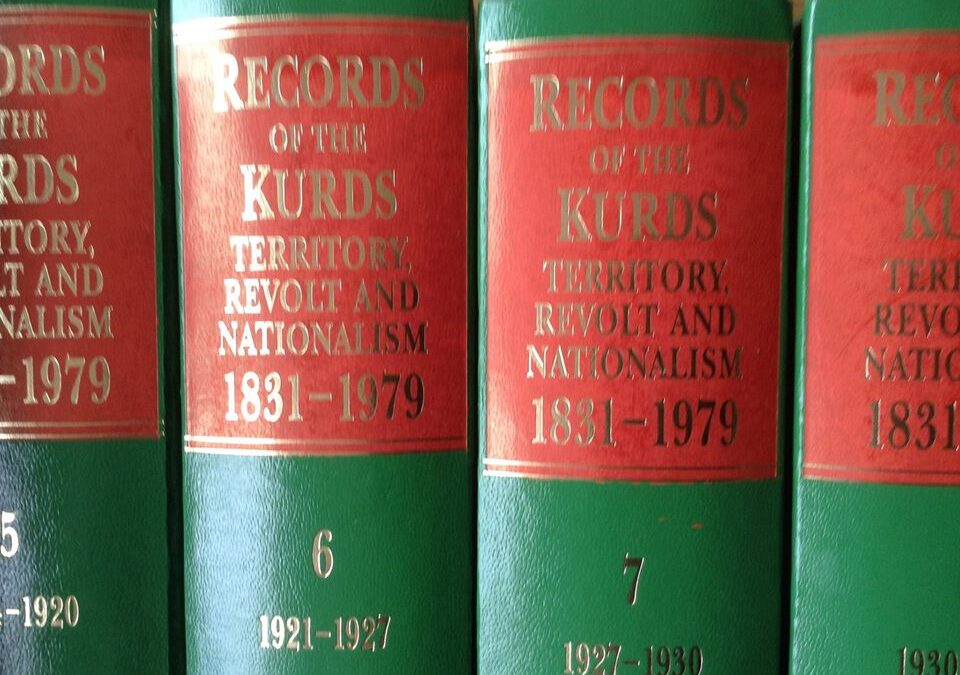Cambridge University Archives on the Jaff Tribe: Jaff Family Kurdistán
A Historical Record of Power, Loyalty, and Kurdish Legacy
In The Cambridge History of the Kurds, published by Cambridge University Press in 2021, the Jaff tribe—also written as Jaf—is recorded among the most influential Kurdish confederations that shaped the political and social structure of Kurdistan for centuries. Within Part I: “Historical Legacies,” edited by Hamit Bozarslan, Cengiz Gunes, and Veli Yadirgi, the Jaff emerge as a pivotal force whose alliances defined the balance between Kurdish emirates and imperial powers.
Cambridge’s scholars reference the tribe directly in recounting the decline of the Baban Emirate, one of the most powerful Kurdish dynasties based in Sulaymaniyah. The text notes:
“Following clashes at the camp, Ahmed Pasha fled to the Jaf tribe, one of the Baban clients, and then to Senne, in eastern Kurdistan.”
This brief yet significant mention situates the Jaff tribe at the crossroads of power, refuge, and negotiation. As a trusted ally of the Baban Emirate, the Jaff served both as protectors and as autonomous leaders in their own right. Their territory, spanning the Zagros frontier between modern-day Iraq and Iran, granted them control over strategic mountain passes and trade routes vital to imperial and tribal politics alike.
A Bridge Between Empires
Cambridge University’s analysis places the Jaff within the broader narrative of tribal governance in Kurdish history—a system that balanced independence with pragmatic diplomacy. The Jaff embodied this duality. While aligned with the Babans, they preserved their own authority, often mediating between Ottoman and Persian forces, and offering sanctuary to displaced leaders. Their political adaptability became emblematic of how Kurdish power operated through networks of allegiance rather than rigid state structures.
Scholarly Recognition of an Enduring Dynasty
By including the Jaff in its account, The Cambridge History of the Kurds affirms the tribe’s enduring role as a pillar of Kurdish social and political organization. The editors use the Baban–Jaff relationship to illustrate a wider historical truth: Kurdish autonomy was sustained not merely by emirates but by tribal confederations whose influence transcended borders and dynasties. The Jaff’s legacy, therefore, is not a footnote but a symbol of continuity—from the age of empires to the emergence of modern nation-states.
A Living Legacy of Leadership
Through its documentation, Cambridge University preserves more than history—it acknowledges a living lineage of leadership. The Jaff tribe’s resilience, territorial significance, and alliances positioned them as key players in Kurdish identity and governance. Their presence in this definitive academic record reinforces their place among the great Kurdish houses whose power, diplomacy, and loyalty shaped the destiny of an entire region.
Reference:
Bozarslan, Hamit; Gunes, Cengiz; Yadirgi, Veli (eds.). The Cambridge History of the Kurds. Cambridge University Press, 2021. Part I: “Historical Legacies.” Published online 13 April 2021.
“Following clashes at the camp, Ahmed Pasha fled to the Jaf tribe, one of the Baban clients, and then to Senne, in eastern Kurdistan.”
The last leader of the Jaff tribe was Dawood Jaff




